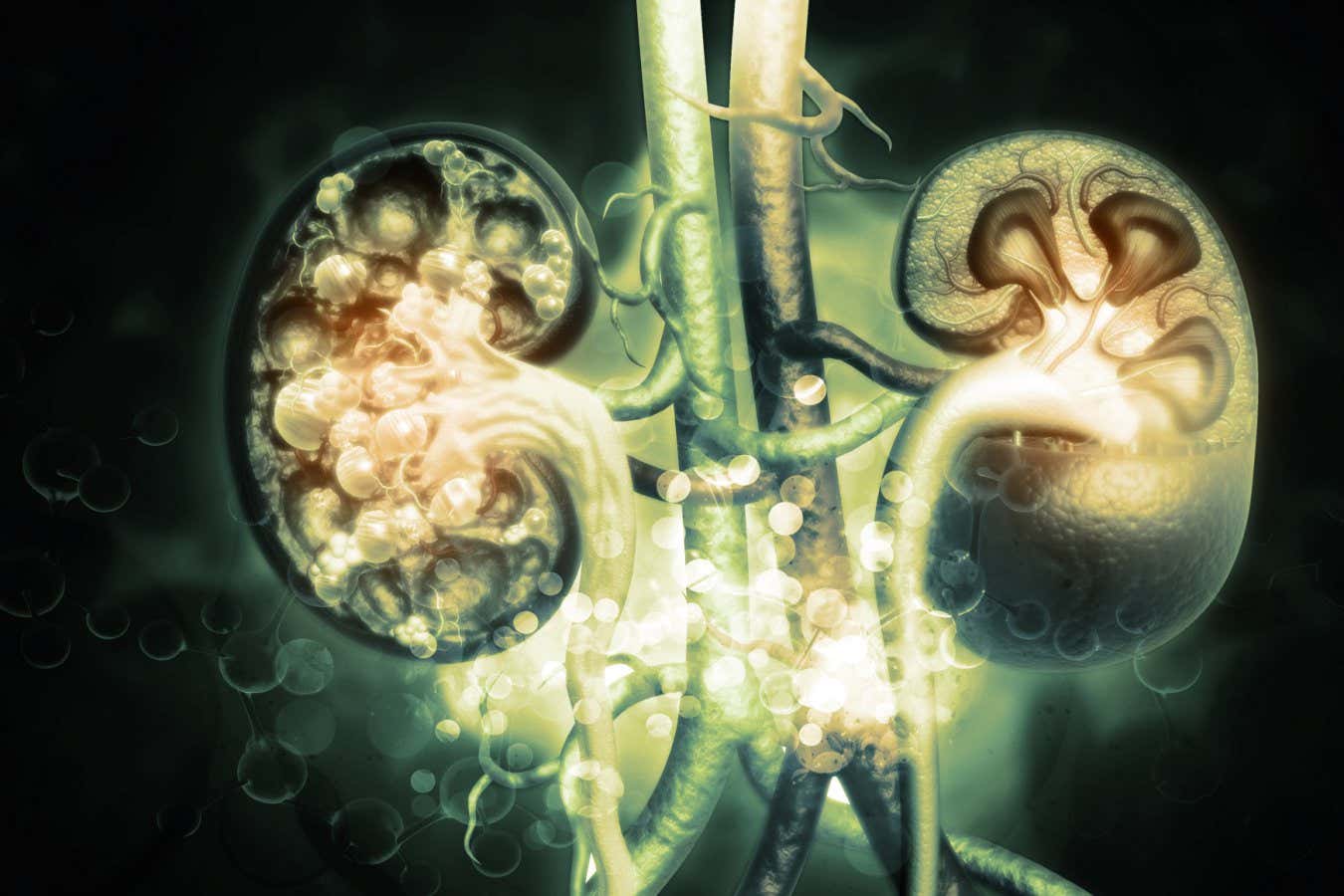Now Reading: Gene Editing Offers Hope for Treating Irreversible Kidney Disease
-
01
Gene Editing Offers Hope for Treating Irreversible Kidney Disease
Gene Editing Offers Hope for Treating Irreversible Kidney Disease

Speedy Summary
- Focus of Study: Researchers explored using CRISPR gene-editing techniques to reverse damage caused by polycystic kidney disease (PKD), an inherited condition previously considered irreversible.
- Research Findings:
– PKD leads to fluid-filled cysts in the kidneys and liver, causing organ failure requiring dialysis or transplants.
– studies showed that correcting mutations responsible for PKD in mice reduced cyst number and size, notably in the liver. Kidney improvements where observed as well.
- Gene Editing Techniques Used:
– Base editing: Corrected single-letter mutations, primarily affecting liver cysts.
– Prime editing: Demonstrated potential to address longer mutations effectively.
- challenges Identified:
– Viruses used for gene-editing delivery may trigger immune responses during repeat doses-though limited effects have been observed so far in animal models.
– Lipid nanoparticles could mitigate immune issues but struggle to penetrate deep into kidneys via blood circulation. Alternative delivery mechanisms are being explored, such as urethra-based approaches.
- Next Steps: Researchers plan clinical trials following publication of results. This approach could inspire further research on possibly reversing PKD damage and advancing treatments beyond the currently approved drug, Tolvaptan.
!campaign=RSS%7CNSNS&utmsource=NSNS&utmmedium=RSS&utm_content=home”>Read More


























